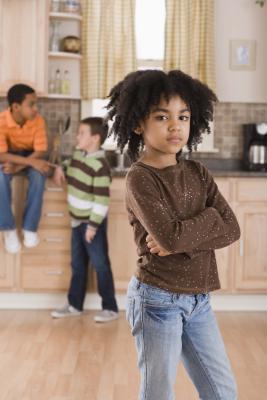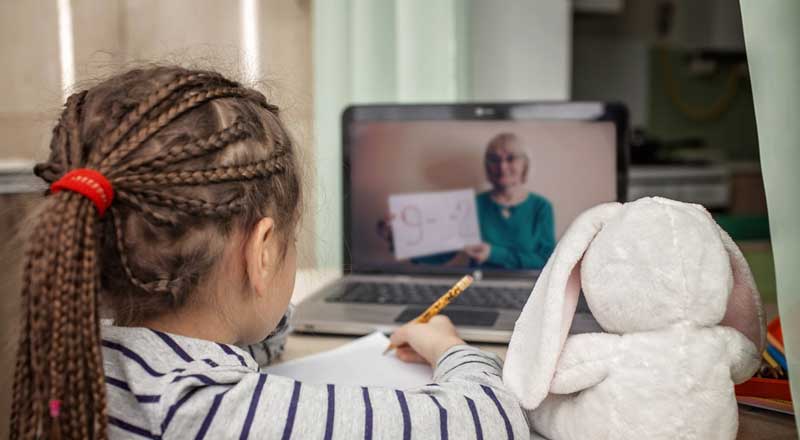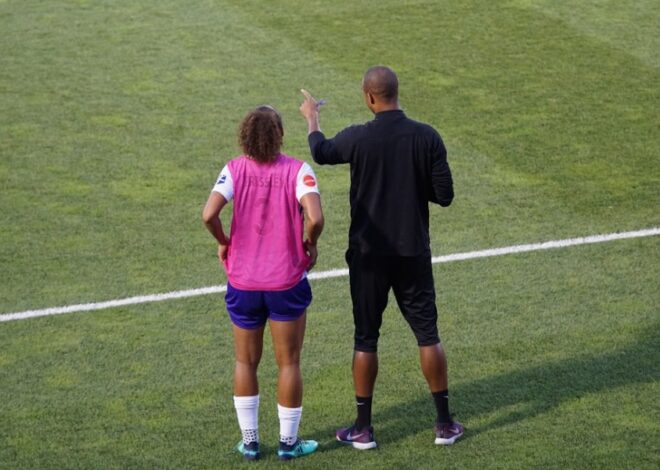Like adults, children can suffer from a variety of mental health conditions, including depression, bipolar disorder and anxiety. Diagnosis and treatment of mental disorders in children and teens can be especially challenging, but is critical. Untreated mental disorders in childhood do not resolve on their own and can cause difficulties at home and in school.
Conditions
Half of all mental disorders begin before age 14, according to the National Institute of Mental Health. Children may experience anxiety or depression, show signs of bipolar disorder or schizophrenia, or suffer from eating disorders. Other mental disorders affecting children include learning or communication disorders, disruptive behavioral disorders and tic disorders. Some children may have more than one mental disorder, and many of these disorders continue into adulthood.
Symptoms
While each child grows and develops physically, mentally and emotionally at his own pace, parents are often the first to notice that he is not typical. Doctors diagnose autism spectrum disorders and communication disorders quite young due to atypical language and social development, but behavioral disorders, learning disorders and attention-deficit disorder are often recognized in school age children. Affective disorders, like depression, bipolar disorder and anxiety-related conditions impact mood and behavior, causing mood swings, sadness and fear. Persistent fear, sadness, behavioral issues, defiance, anger or an inability to cope may all indicate a mental disorder.
Diagnosis
If you have concerns about your child, start by talking to your child’s doctor, recommends the National Institute for Mental Health. Evaluations and diagnosis require a specialist, like a social worker, psychologist, psychiatrist or behavioral therapist. Educators may help to evaluate your child. When you meet with specialists, ask if they have experience dealing with your child’s symptoms, and do not be afraid to interview multiple specialists and to educate yourself about your child’s symptoms or condition.
Psychosocial Therapies
Many mental disorders are treated with psychosocial and behavioral therapies. Cognitive behavioral therapy, sometimes called CBT, is often an effective choice for children with depression, obsessive-compulsive disorder and social anxiety. Behavioral parent training and classroom management can treat some cases of attention-deficit disorder. Occupational therapy and social skills training can provide essentials support to children with autism spectrum disorders. While therapy alone may be adequate for some children, others require a combination of therapy and medication.
Medications
Drugs used to treat mental disorders in children include antidepressants, anti-anxiety medications, anti-psychotics, mood stabilizers and stimulants. If your child does require medication for a mental disorder, choose a child psychiatrist or another specialist, rather than having your regular care provider manage his medications. Psychotropic medications can have significant side effects and should be used as part of a comprehensive treatment plan when the benefits of the drug outweigh the potential risks.





